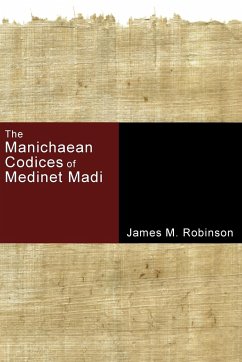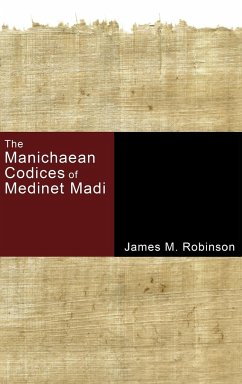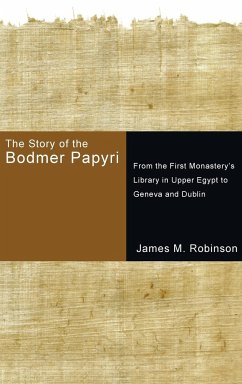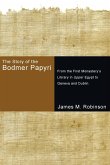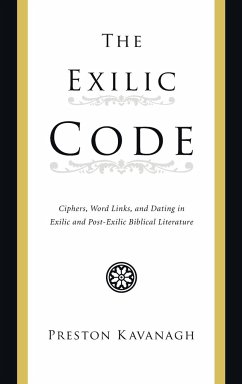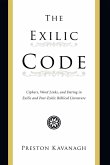The seven Manichaean papyrus codices of the fourth or fifth century were discovered in illicit excavation in 1929 in the Egyptian desert. They were acquired in about equal halves by A. Chester Beatty for his library and by Carl Schmidt for the papyrus collection of the Staatliche Museen of Berlin. Having had access to the inventories, correspondence, and files in Berlin, Robinson provides translations of the German and French documents to increase access to information previously unavailable to the scholarly community. He narrates the slow and problem-ridden path of the acquisition, conservation, and editing of these important works, including their movements between dealers, collectors, scholars, and the military in Egypt, London, Dublin, Berlin, Schondorf, Gottingen, Warsaw, Leningrad, Los Angeles, Claremont, and Copenhagen.

